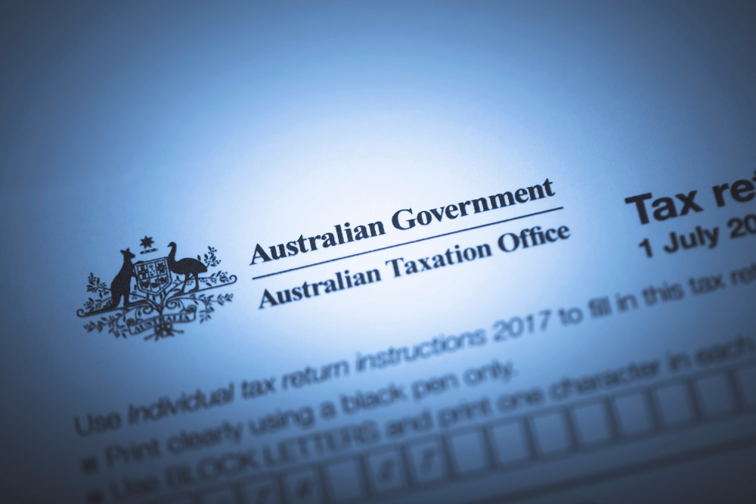

By
The Australian Small Business and Family Enterprise Ombudsman is urging the Australian Taxation Office (ATO) to deliver a system that can help small businesses get back on their feet after the uncertainties of the COVID-19 pandemic.
Ombudsman Kate Carnell said it is concerning that the ATO might return to "heavy-handed tactics" given that the majority of the collectable debt owed to the tax office — $21bn of the $34bn — is from the small business segment.
"Previous actions such as garnishee notices have crippled small businesses, so it is critical the ATO uses its powers proportionately and appropriately, particularly as small businesses work to get back on their feet," she said.
In a recent report, Carnell has called for a range of reforms that would modify the way that the ATO deals treats small businesses. One of the recommendations is to consider waiving interest and penalties for a first offence.
Carnell also recommended to limit the ATO review and audit periods to one year, especially when small businesses are using an accredited tax or BAS agent.
Furthermore, she suggested immediate termination of debt recovery actions for businesses who already expressed intentions to review their tax position.
“It’s important that small businesses in dispute with the ATO are given a fair go,” she said. "The ATO quite reasonably sees its role as an enforcer of taxation laws, but too often it loses sight of the people running the business."
Small businesses should also be given the option to have GST be collected and remitted directly to the ATO. Another helpful change is to employ income averaging measures that would help small businesses pay the right amount of tax.
Tax compliance costs for small businesses are about $90 per $1,000 turnover. This is about 225 times more than the cost for big business, which is at $0.40 per $1,000 turnover.
Carnell said these changes are achievable and would make a substantial difference to small businesses.
"Now is the time to deliver a system that works for the small business sector and will allow them to achieve greater productivity, return to profitability and grow employment — especially given so many small businesses have endured enormous challenges over the past 12 months," she said.
